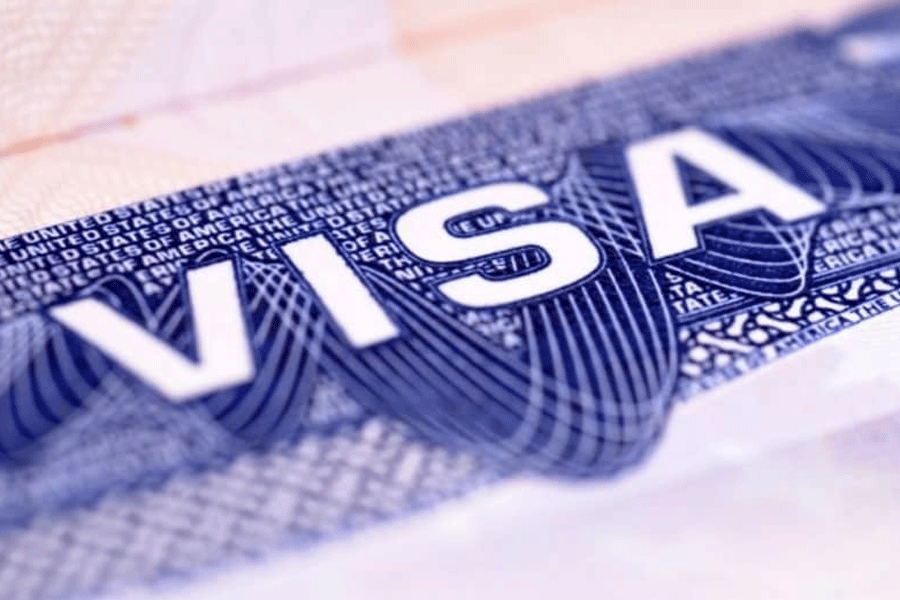The UK’s proposed hike in the minimum annual salary threshold for British citizens and permanent residents to be eligible to sponsor a spouse or partner on a Family Visa will take place in “incremental stages”, the government has told Parliament.
The update came on Thursday in reply to a written parliamentary question in the House of Lords, stating that the threshold will initially rise to GBP 29,000 in early 2024 from the current level of GBP 18,600 and then be followed by two further increases.
The move has been branded a “rowing back” by the Opposition after Home Secretary James Cleverly had told the Commons earlier this month that the threshold will jump to GBP 38,700, in line with the minimum salary requirement for the Skilled Worker visa route. Latest Home Office documents now say that while the intention remains to align both thresholds, it will be done in stages over time.
“The MIR (Minimum Income Requirement) will be increased in incremental stages to give predictability,” said Home Office Minister Lord Andrew Sharpe in his Lords statement.
“In Spring 2024, we will raise the threshold to GBP 29,000, that is the 25th percentile of earnings for jobs which are eligible for Skilled Worker visas, moving to the 40th percentile (currently GBP 34,500) and finally the 50th percentile (currently GBP 38,700 and the level at which the general skilled worker threshold is set) in the final stage of implementation,” he said.
He reiterated Cleverly's stance that the MIR had not been increased for over a decade and therefore no longer reflected the level of income required by a family to ensure they are self-sufficient and do not need to rely on public funds.
“Family life must not be established here at the taxpayer’s expense and family migrants must be able to integrate if they are to play a full part in British life... It is intended that this change will contribute to reducing net migration when it is introduced in spring 2024,” he added.
Labour’s shadow home secretary Yvette Cooper, who had warned of rushed weddings between now and spring 2024 by those desperate to circumvent the new rules, accused the government of failing to properly assess the impact of the changes.
"It's no surprise they are now rowing back in a rush," she said.
Lord Sharpe’s statement came as the Home Office issued a factsheet highlighting the visa policy changes to curb immigration set to take effect from the new year, including most students and overseas care workers being banned from bringing dependants.
“We will raise the minimum income for family visas incrementally, in stages, to give predictability to families,” reads the factsheet.
It also confirms an increase in the minimum earnings threshold for Skilled Worker visas from GBP 26,200 to GBP 38,700, with doctors and nurses applying under the Health and Care Visa exempt from this requirement. Most changes are expected to take effect from April 2024 except for student dependants, which take effect in January.
The Home Office factsheet confirms that the Home Office will formally commission the independent Migration Advisory Committee (MAC) in January 2024 to review the Graduate Route, or the post-study work visa, and expects that work to continue until late next year.
“The MAC will review the visa route to ensure that it is operating in the best interests and priorities of the UK, and ensuring the integrity and quality of the UK higher education system is maintained,” the Home Office said.
Diaspora student groups have expressed widespread concerns over this proposed review of the route, which allows for post-study work experience and is the topmost factor behind students from India choosing UK universities.
Meanwhile, the Shortage Occupation List – covering jobs deemed short of workers –will be reformed into an Immigration Salary List (ISL), ending the 20 per cent “going rate” salary discount for so-called shortage occupations. MAC will be commissioned to also review the composition of the list in line with the increased salary thresholds.
Except for the headline, this story has not been edited by The Telegraph Online staff and has been published from a syndicated feed.











